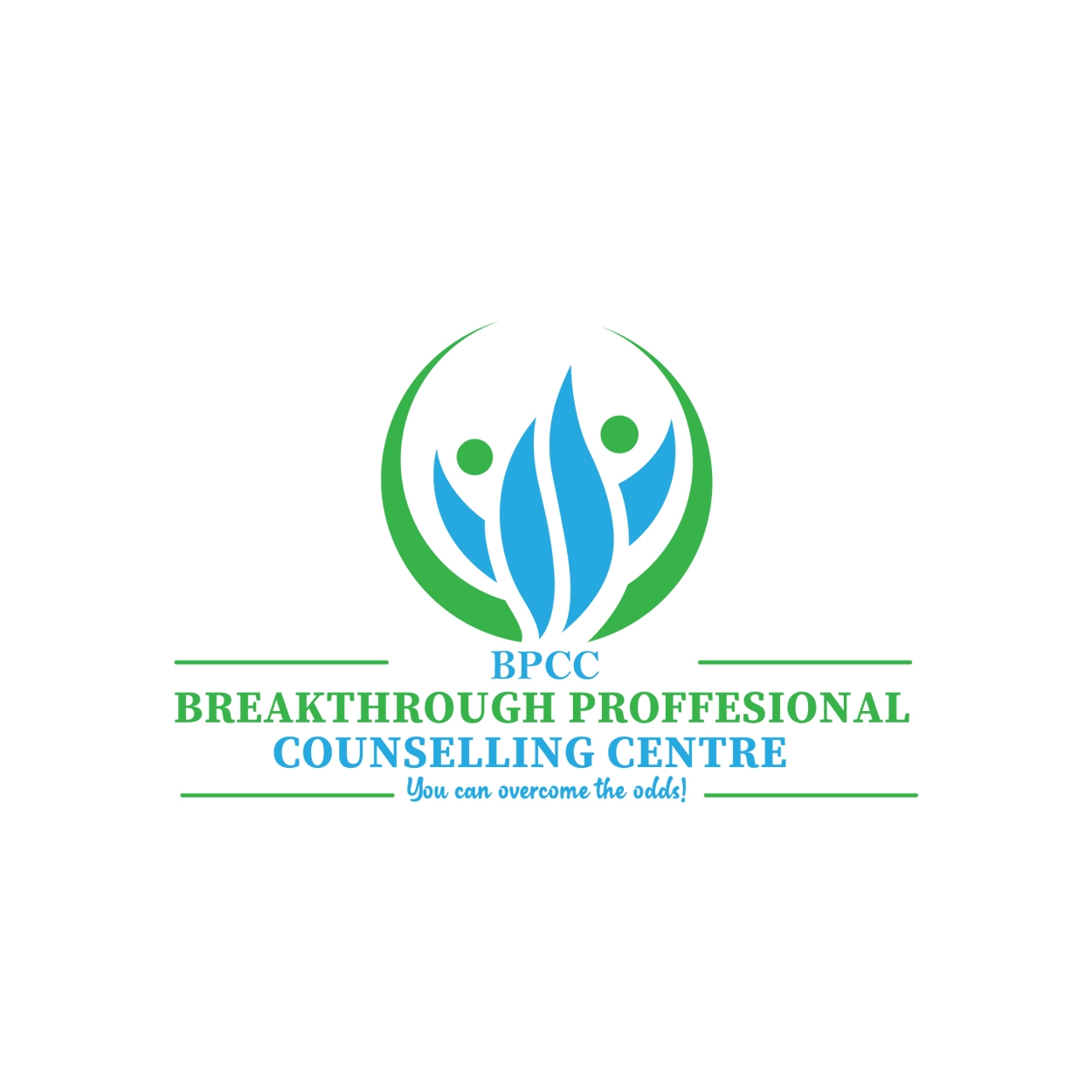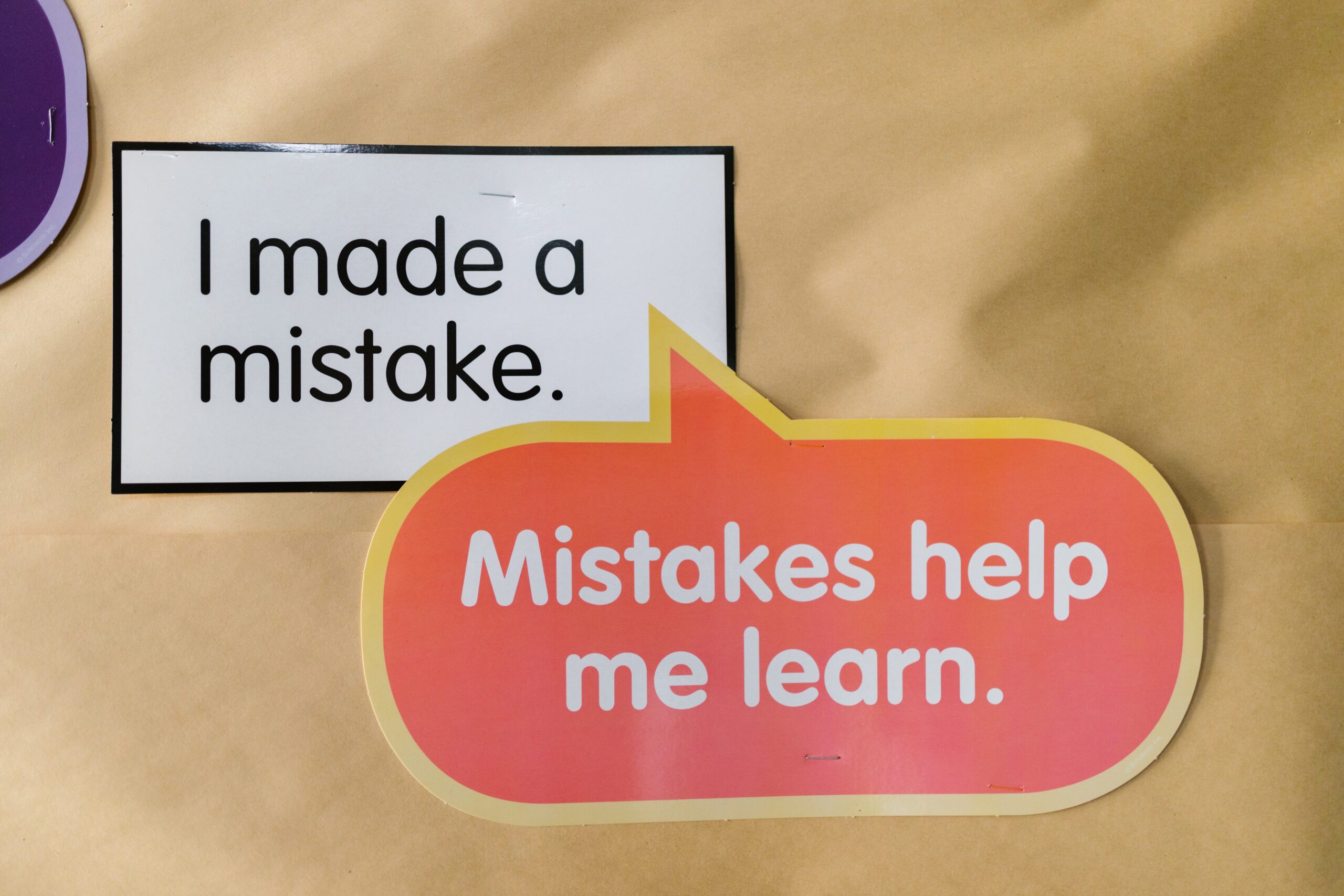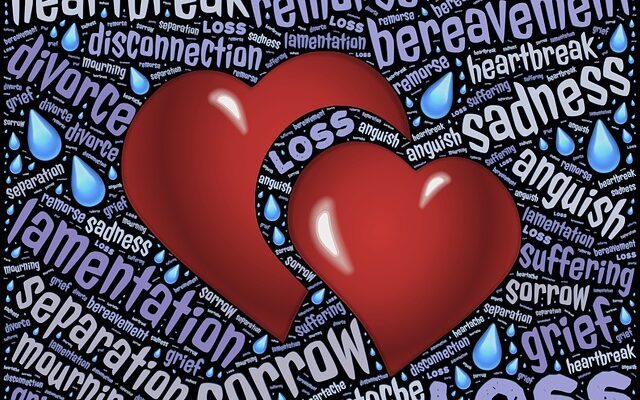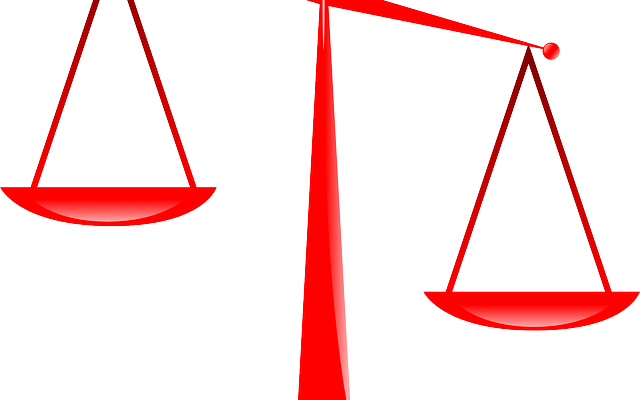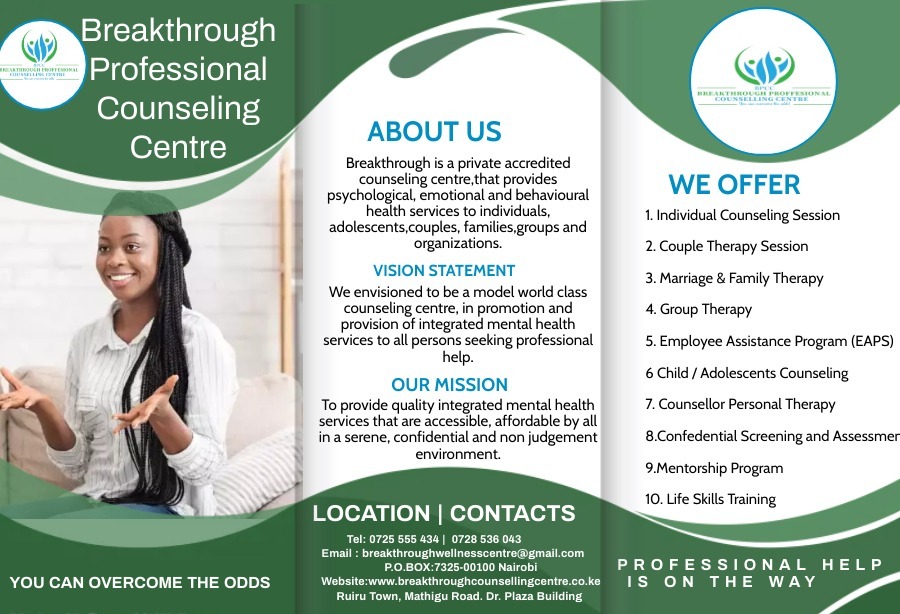Are You or Your Loved One Dealing with Alcoholism and Addiction?
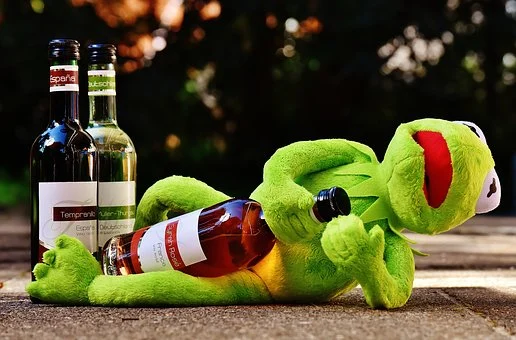
Know the Facts!
What Exactly is Addiction?
Addiction is actually a disease which involves you developing an obsessive behavior of seeking drugs, in spite of the harmful effects that come from this habit.
It is also an internal process of changes that progress gradually over time. Like any other disease or degenerative disorder for example hypertension and diabetes, addiction deteriorates with time.
According to the American Medical Association (AMA), addiction is considered fatal, chronic and progressive. Chronic means that the disease has been there for a long time. Progressive means that the disease deteriorates with time. Fatal on the other hand means that you can die of the disease.
Addiction is actually a disease which involves you developing an obsessive behavior of seeking drugs, in spite of the harmful effects that come from this habit. Addiction is an internal process of changes that progress gradually over time. Like any other disease or degenerative disorder for example hypertension and diabetes, addiction deteriorates with time.
How is addiction a disease?
A disease is a condition that has a traceable cause, identifiable signs and symptoms, diagnosis and a treatment plan. Therefore ,meets the above criteria and hence, without any doubt, it is a “disease”. Once you abuse alcohol among other drugs, you start suffering from immediate, or rather short-term and there after long-term effects.
What Makes Addiction a Family Disease?
Addiction directly inflicts the drug user while his/her family and caregivers are indirectly affected. The immediate family, therefore, goes through hell as they watch you go through self-destruction. Without professional help, your addiction and substance abuse can interfere with your family’s well-being and impact harmful effects which can last indefinitely.
When addiction starts, you start going through denial. This is facilitated by your lack of insight and hence, you are not aware that you are suffering from addiction. Fortunately, once you recover from addiction, every aspect of your life changes. Therefore, you should not suffer in silence at all. Professional help is available because we are here for you.
What Are The Contributing Factors of Drug Abuse?
Below are some common causes of drug abuse but not limited to;
- Social Trauma
Individuals who go through accidents, retrenchment, child abuse, traumatic experiences or rape may resort to drug abuse.
- Heredity (Genetic)- X Factor
Studies show that addiction can run in families. Therefore, you can inherit traits from your parents which can make you vulnerable or expose you to high risk of drug abuse. Nonetheless, genetics is not the sole major cause of addiction. Other factors contribute too.
- Environmental factors
There are traditions, cultures, and lifestyles that dictate that alcohol among other drugs must be present in a particular ceremony. Making these drugs available and accessible in weddings, events, birthdays and parties can be the starting point of drug abuse for some individuals.
- Occupational hazards There are careers and jobs whose nature provokes drug use and misuse. Some of these include morgue attendants, working in brewery and booze joints.
- Personality disorders
Individuals with co-occurring disorders and personality deviation happen to use drugs excessively in order to cope. People with low self-esteem face the temptation of using drugs wherever they encounter challenging situations.
- Social conformity
The need to belong to a particular group may provoke the urge and repetitive behavior of taking drugs to fit in a group.
- Euphoria recall- the pursuit of pleasure
There are drugs that are highly addictive like cocaine, cigarettes, alcohol, bhang, and heroine. Some prescription drugs are addictive as well. In most cases, these drugs are abused because of the sensation of pleasure that they give. As a result of this, the risk of dependency and tolerance rapidly develops.
The Addiction Process
There are Five Major Stages involved in the development of addiction. They include;
Experimental Stage
This is when the drug you take a drug for the first time. During this first encounter, you might like or dislike how the drug feels.
Social Use Stage
Most of the times, this happens because of peer pressure, curiosity, adventure or risk-taking. In this stage, you use the drug for the sole purpose of socializing. Social acceptance is mostly the driving force.
Instrumental Use Stage
Here you use the drug to manipulate your behaviors, emotions, and feelings. You use the drug to cope up with a situation. What you are doing here is self-medicating. Brief intervention can greatly help you back to your feet.
Habitual Use Stage
The stage is also known as medicinal use of drugs. It gets practically challenging for you to talk or think about anything else. It leads to high intoxication and blackouts because you end up consuming more than your system can accommodate.
Your life starts revolving around using your drugs of choice. Intervention is a necessity as you are in dire need of help. Your family members need to save you from self-destructive behaviors.
Compulsive Use Stage
This is the last stage of developing patterns of addiction and unfortunately withdrawals syndromes starts to sets in which keep you trapped into vicious of indulging into drugs of choice. What happens to you is that, your system cannot function without the use of drugs.
This stage is associated with major losses like spiritual, physical, social and mental deterioration. Here you are pre-occupied with drugs of choice, making you out of control. You need help in an intensive integrated program involving psychotherapy and medical intervention.
It is recommendable that you be in a controlled environment during this stage to be stabilize through a process of flushing our harmful toxic or rather detoxification.
Two Types of Addiction
There are two distinctive types of addiction, namely; Chemical and Process/Behavioral Addiction
1.Chemical/drug dependency
This is when you use any mind and mood substance regardless of whether it is legal or illegal. Such drugs include; cocaine, prescription drugs, bhang, miraa, alcohol, heroine, kuber, Tabs Tabs among others.
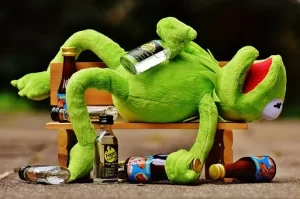
2.Process/Behavioral Addiction
This is the type of addiction where drugs aren’t involved. It can be crime, acquired mannerism, activity, gambling, sex, people and thinking among other things that cause dependency.
A good example of emerging behavior addiction is “Screen Addiction” as illustrated by the picture below.
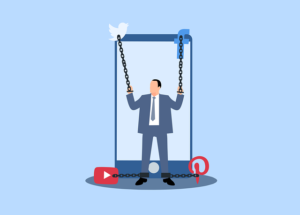
Istock Images
Here is how to know when you should seek help from a professional.
When you start having cravings or strong desire/urge to use and withdrawal symptoms inability to control drug use or after failing to cut down drug use
Drinking or using drugs to avoid facing issues like manipulating your feelings and intolerable thoughts
Neglecting duties, work, family and health
Feeling guilty after an episode or binge of taking drugs. Deny the problem and feel angry when others suggest that you are suffering from addiction.
5.Practical Ways You or Your Loved Ones Can Get Help In Order To Recover From Horrors of Addiction.
There are numerous ways that an individual from a family with addiction and the addicted person can get help.
1.The first thing is to acknowledge the existence of a problem. Secondly, the family needs to reach outside its setting for help. For the first time, this seems impossible but it is a healthy step when getting help.
PS: In order to experience different results, you need to change the way you do things.
2.Commit yourself to a rehabilitation or treatment center, this is where you will go through a medical evaluation – get detoxified from the nearest detox unit.
3.Detoxification involves flushing out toxic substances from your system.
4.Become a member of a support group like Alcoholic anonymous around where you live
5.Enlighten yourself about the disease concept
Where to get help?
When you need help dealing with any form of addiction, you should talk to someone that you trust. It is recommendable that you talk to a knowledgeable or trained person in this regard to an (addiction counselor)
Who is an Addiction Counselor?
An addiction counselor is a trained counsellor, with specialized and extensive experience in treating addictions, mental disorders, and other co-occurring conditions.
What can the Breakthrough Centre offer to you and your loved one?
At Breakthrough, we can provide you with tools for sobriety in integrated intensive outpatient services. As a result, you will be able to lead a productive, happier and meaningful life. We have post rehab/aftercare, rehab referrals, and family support programs for you as well.
You will first go through screening and assessment. This will be achieved through the administration of psychological instruments as well as multidrug testing with an objective to assess the severity of the problem. It also determines which treatment is most appropriate for your case.
Conclusion
Addiction is powerful, cunning and baffling. Nonetheless, just like other conditions, it is manageable and treatable but not curable. The worst case would be you giving up and suffering in silence. Many people like you have found help in a structured integrated intensive program and comprehensive care.
A journey of a million miles starts with a single step. There is hope and help available. You can overcome the odds and achieve success.
About the Author
Samuel Mburu is an accredited Addiction Counselor, by International Society of Substance Use Professionals (ISSUP)
